Conclavoscope - Cardinal Daniel Fernando Sturla Berhouet
Cardinal Profile and Assessment
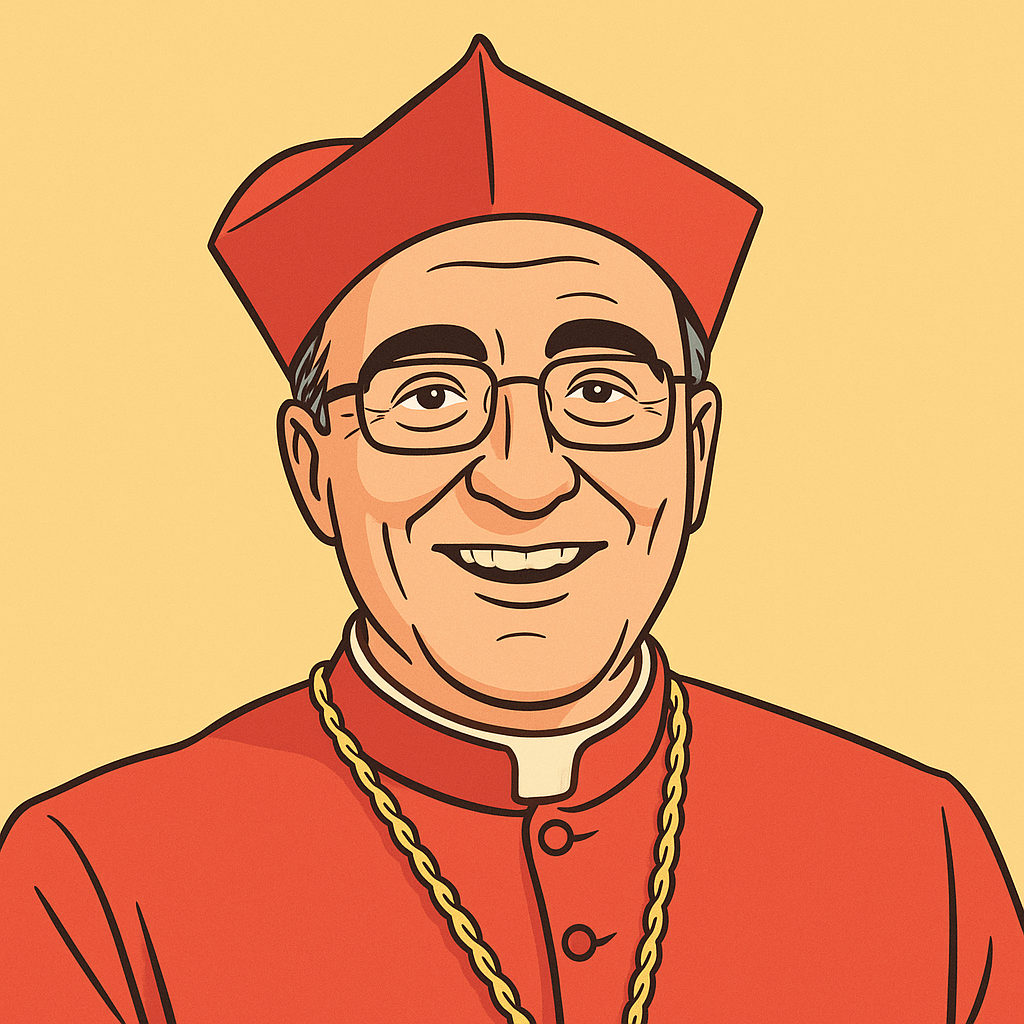
Uruguayan cardinal, Salesian, known for his balanced approach between tradition and renewal, and his commitment to Catholic education.
| Criterion | Tendency |
|---|---|
| Moral doctrine | Very conservative |
| Liturgy | Conservative |
| Sociopolitical | Centrist |
| Relationship with Pope Francis | Conservative |
| Dialogue | Moderately conservative |
| Communication | Moderately conservative |
| Overall tendency | Moderately conservative |
Born on July 4, 1959, in Montevideo (Uruguay), Daniel Fernando Sturla Berhouet is the youngest of five siblings. Orphaned in adolescence, he was deeply influenced by Salesian spirituality, which he discovered at the John XXIII Institute in Montevideo. He entered the Society of St. Francis de Sales (Salesians of Don Bosco) in 1979 and took his religious vows on January 31, 1980. (Daniel Fernando Sturla Berhouet, Daniel Fernando Sturla Berhouet)
After studies in civil law, philosophy, education sciences, and theology, he was ordained a priest on November 21, 1987. He then held various positions of responsibility within the Salesians in Uruguay: master of novices, director of the John XXIII Institute, professor of Church history, and then provincial of the order in 2008. In 2009, he was elected president of the Conference of Religious of Uruguay. (Daniel Fernando Sturla Berhouet)
On December 10, 2011, he was appointed auxiliary bishop of Montevideo by Pope Benedict XVI and received episcopal consecration on March 4, 2012. On February 11, 2014, Pope Francis appointed him metropolitan archbishop of Montevideo. He was created cardinal on February 14, 2015, receiving the title of Cardinal-Priest of Santa Galla. (Daniel Fernando Sturla Berhouet, Daniel Sturla)
Within the Roman Curia, he is a member of several dicasteries, including the Congregation for Institutes of Consecrated Life and Societies of Apostolic Life, the Pontifical Council for the Promotion of the New Evangelization, the Pontifical Commission for Latin America, and the Cardinal Commission of the Administration of the Patrimony of the Apostolic See. (Daniel Fernando Sturla Berhouet)
Cardinal Sturla is generally considered conservative. He has expressed criticism of documents such as Fiducia supplicans, calling it "ambiguous, divisive, and confusing." He is also skeptical about the concept of synodality. (Who Will Be The Next Pope? - BIG C CATHOLICS)
As a member of several Roman dicasteries and an influential figure in Latin America, he has an extensive network. However, his influence within the College of Cardinals remains moderate compared to more prominent figures.
Cardinal Sturla maintains a firm stance on traditional Catholic moral teachings. He has publicly opposed abortion, expressing hope that it will eventually be recognized as a cruelty and prohibited. Additionally, he has rejected the blessing of same-sex unions, emphasizing adherence to established Church doctrine.
As a Salesian, Cardinal Sturla emphasizes the importance of traditional liturgical practices rooted in the Catholic faith. He has been instrumental in promoting the unique liturgical heritage of the Church in Uruguay.
Cardinal Sturla demonstrates a strong commitment to social justice, particularly in serving the poor and marginalized. He has actively engaged in issues related to migration, poverty, and social inclusion, aligning with progressive sociopolitical engagement.
A close collaborator of Pope Francis, Cardinal Sturla supports the Pope's reforms and vision for a Church that reaches out to all. He has defended Pope Francis against criticisms and aligns with his emphasis on pastoral care and inclusivity.
Cardinal Sturla promotes interreligious dialogue, recognizing its importance in a pluralistic society. He encourages engagement with different faith traditions to foster mutual understanding and peace.
Known for his effective communication and pastoral sensitivity, Cardinal Sturla emphasizes the need for the Church to engage with modern culture and technology. He advocates for a Church that listens and speaks in ways that resonate with contemporary society.
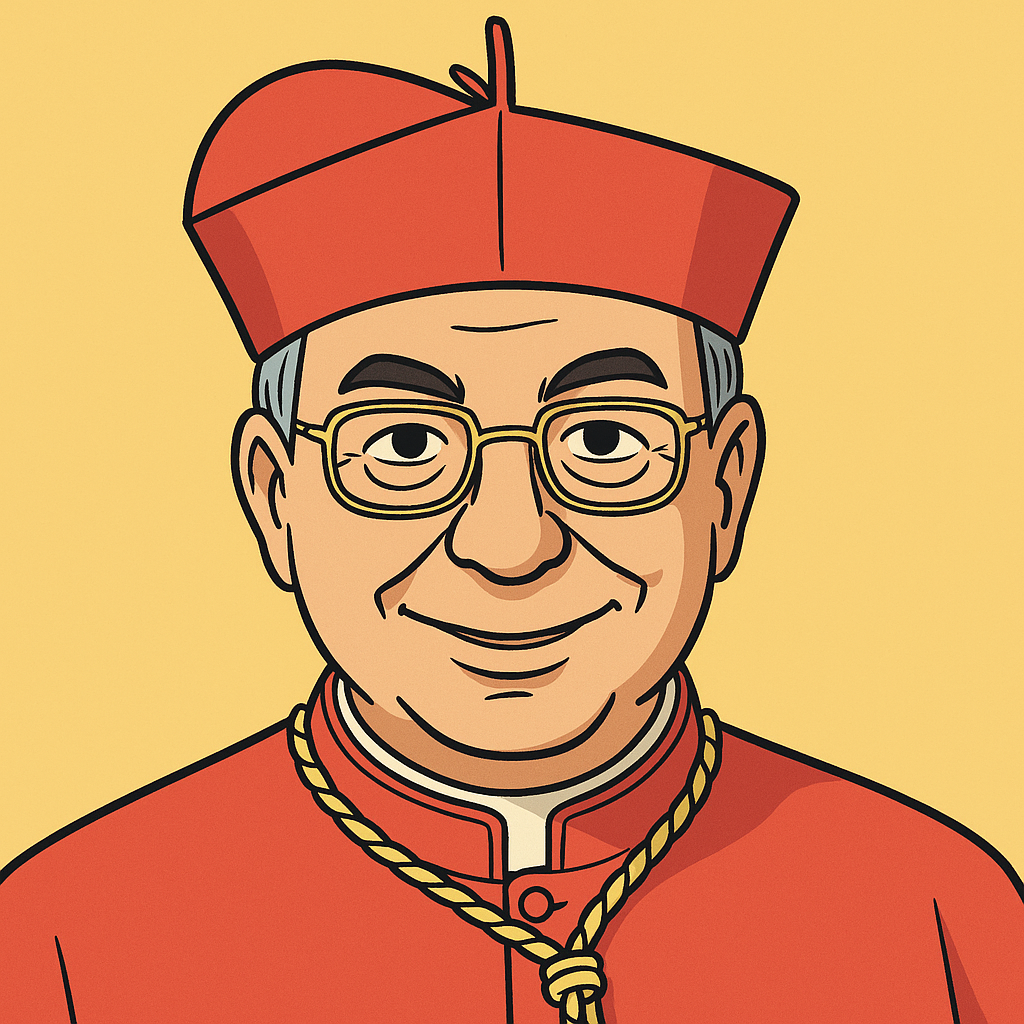
France
French cardinal, Prefect of the Supreme Tribunal of the Apostolic Signatura, known for his legal expertise and traditional doctrinal positions.

Myanmar
Burmese cardinal, the first from his country, known for his commitment to peace and reconciliation, combining respect for tradition and interreligious dialogue.
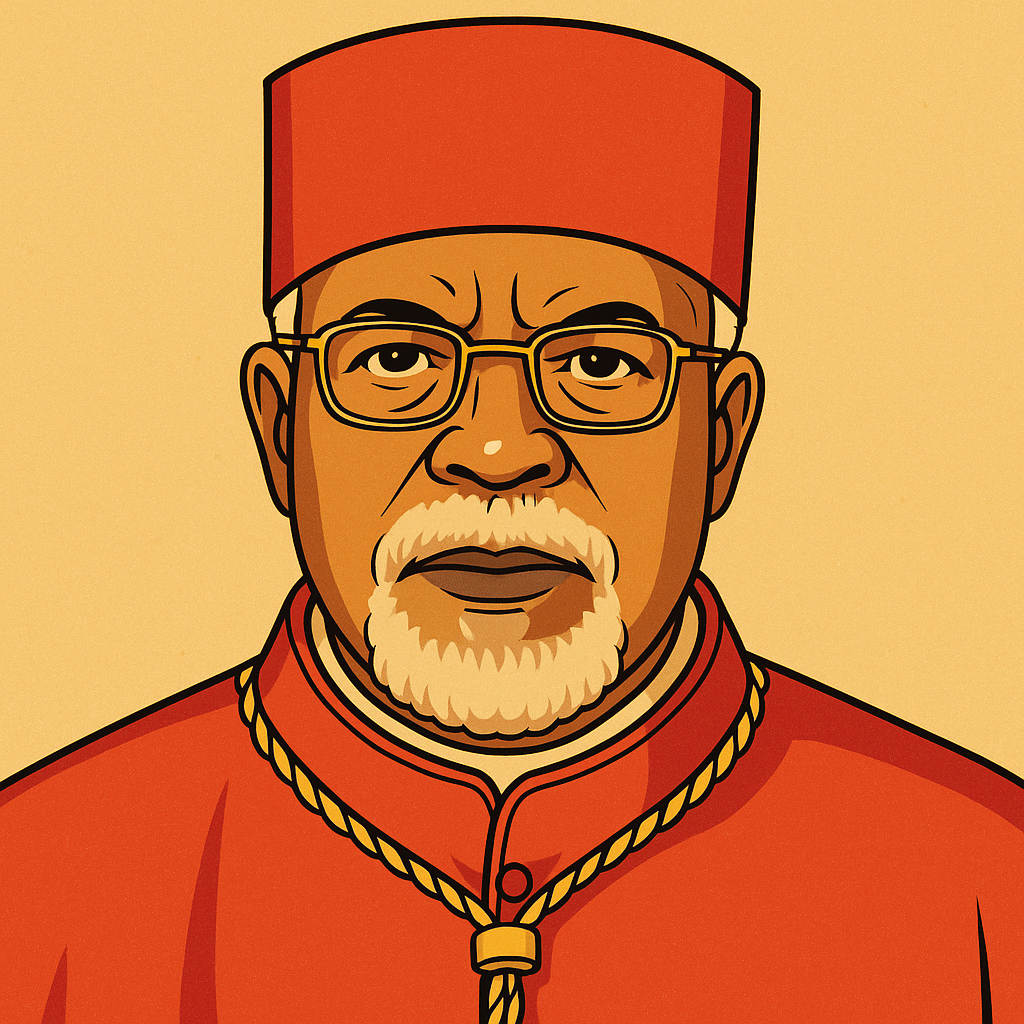
Ethiopia
Ethiopian cardinal of Eastern rite, known for his defense of traditional Church values and his pastoral work in a context of religious tensions.
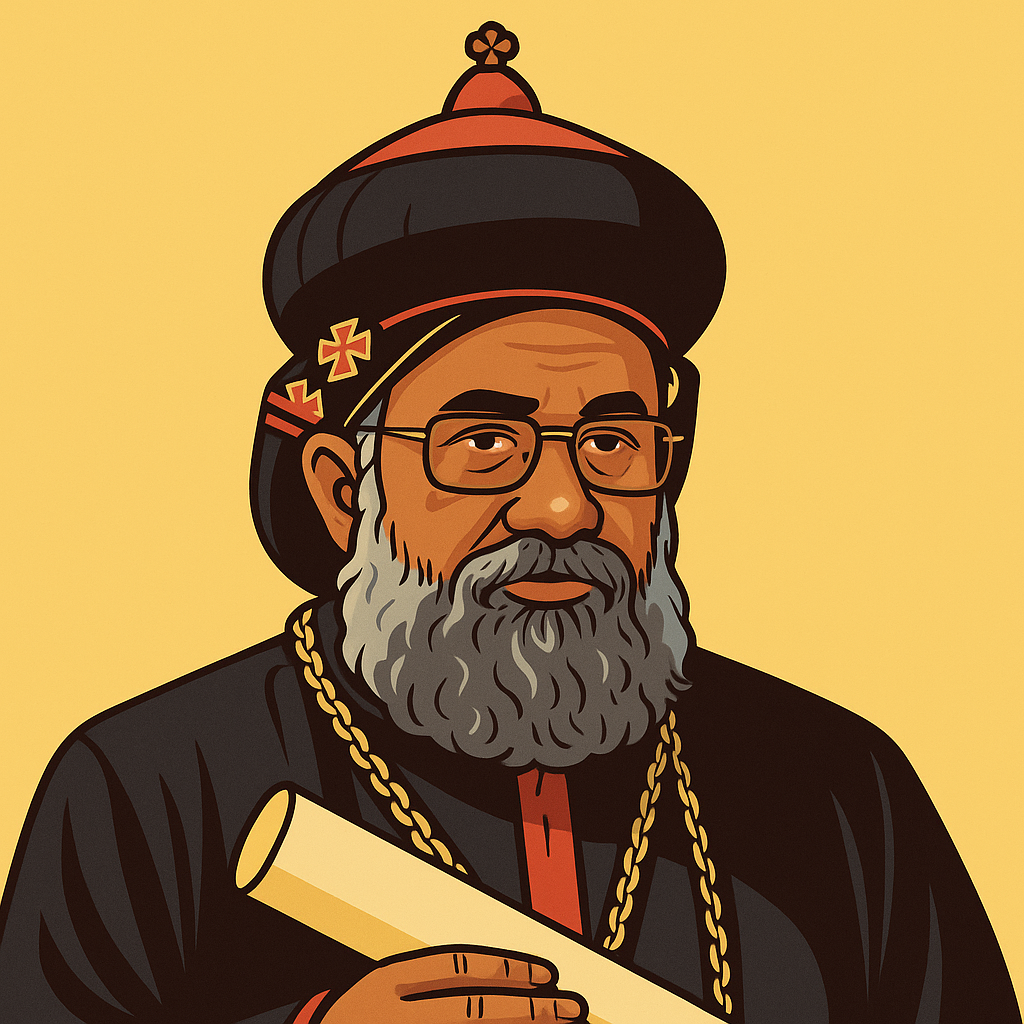
India
age: 66
Indian cardinal of Syro-Malankara rite, known for his attachment to the Eastern traditions of the Church and his defense of traditional moral doctrine.
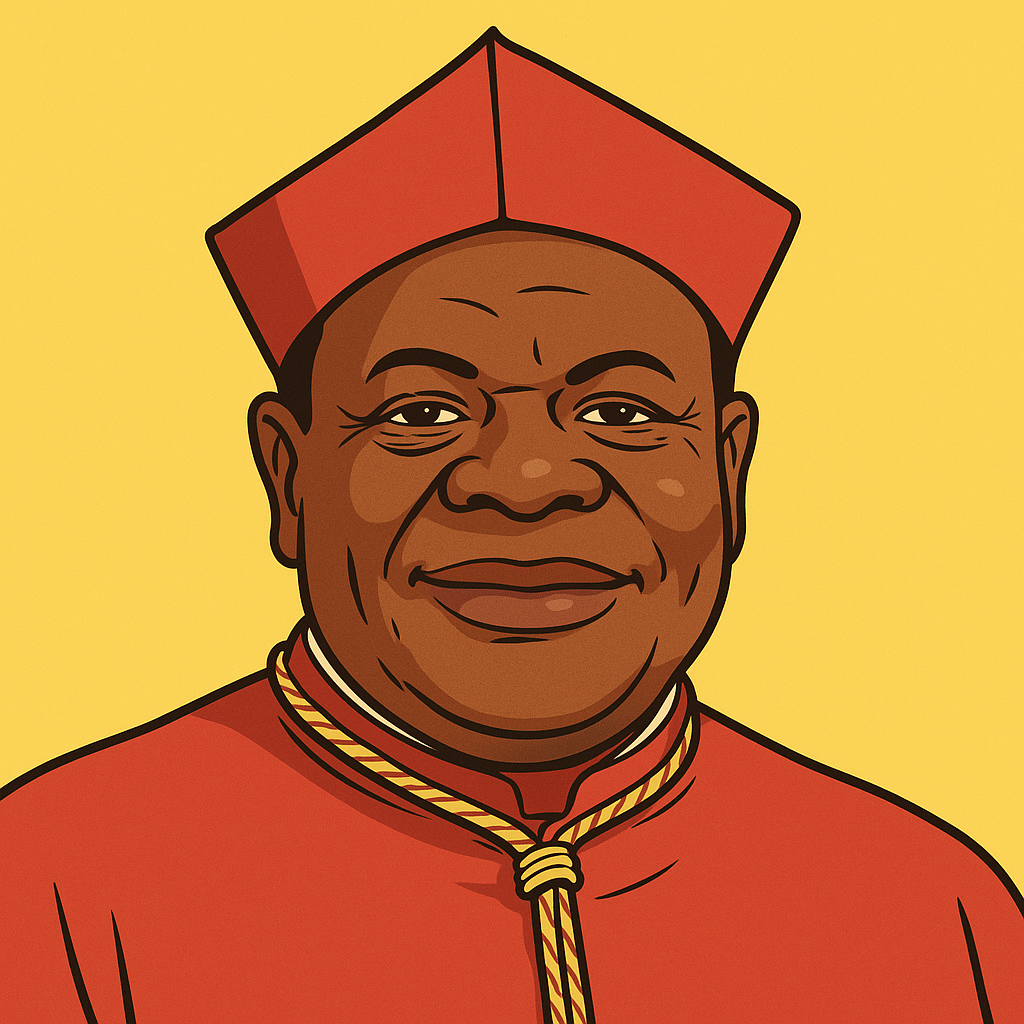
Democratic Republic of the Congo
age: 66
Congolese cardinal, Archbishop of Kinshasa, known for his commitment to social justice and human rights defense, while maintaining a traditional doctrinal position.
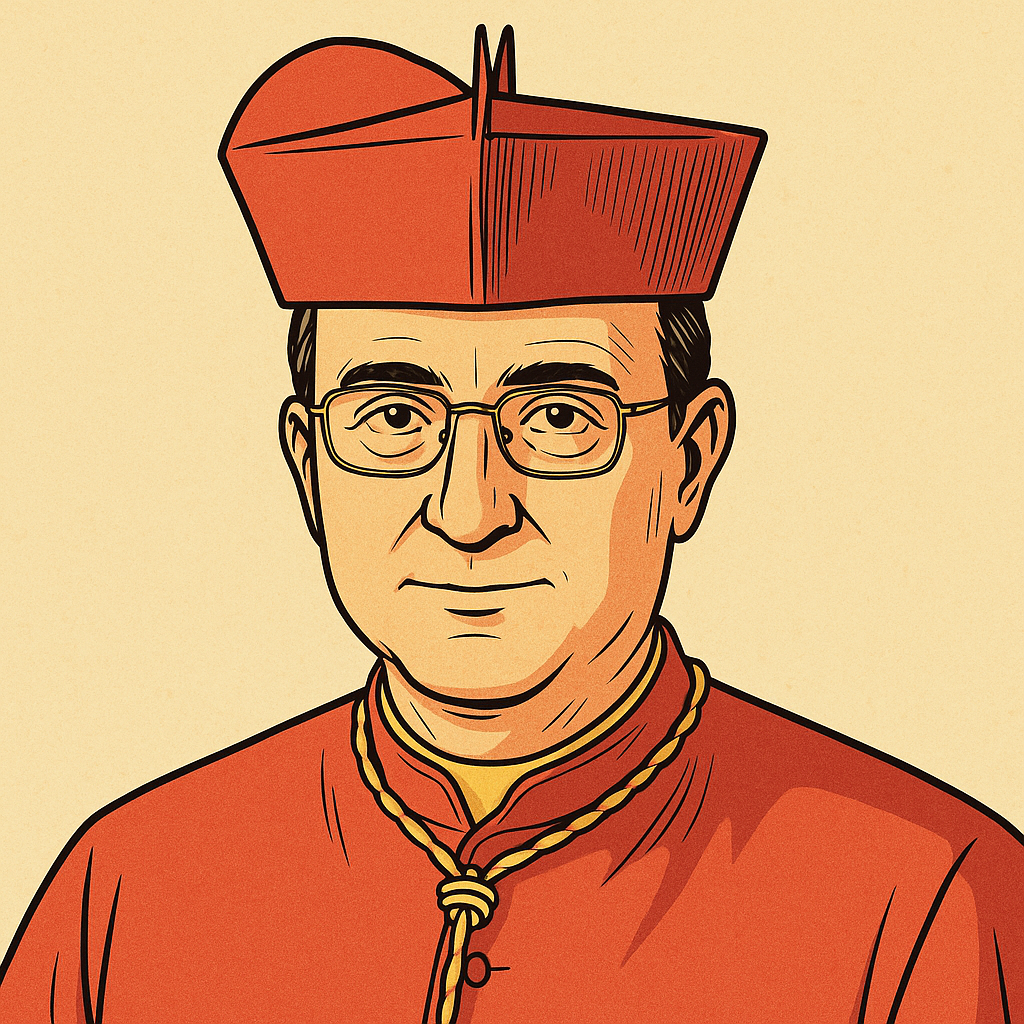
Brazil
age: 66
Brazilian cardinal, Archbishop of Salvador de Bahia, known for his balanced pastoral leadership and commitment to a more synodal Church closer to existential peripheries.
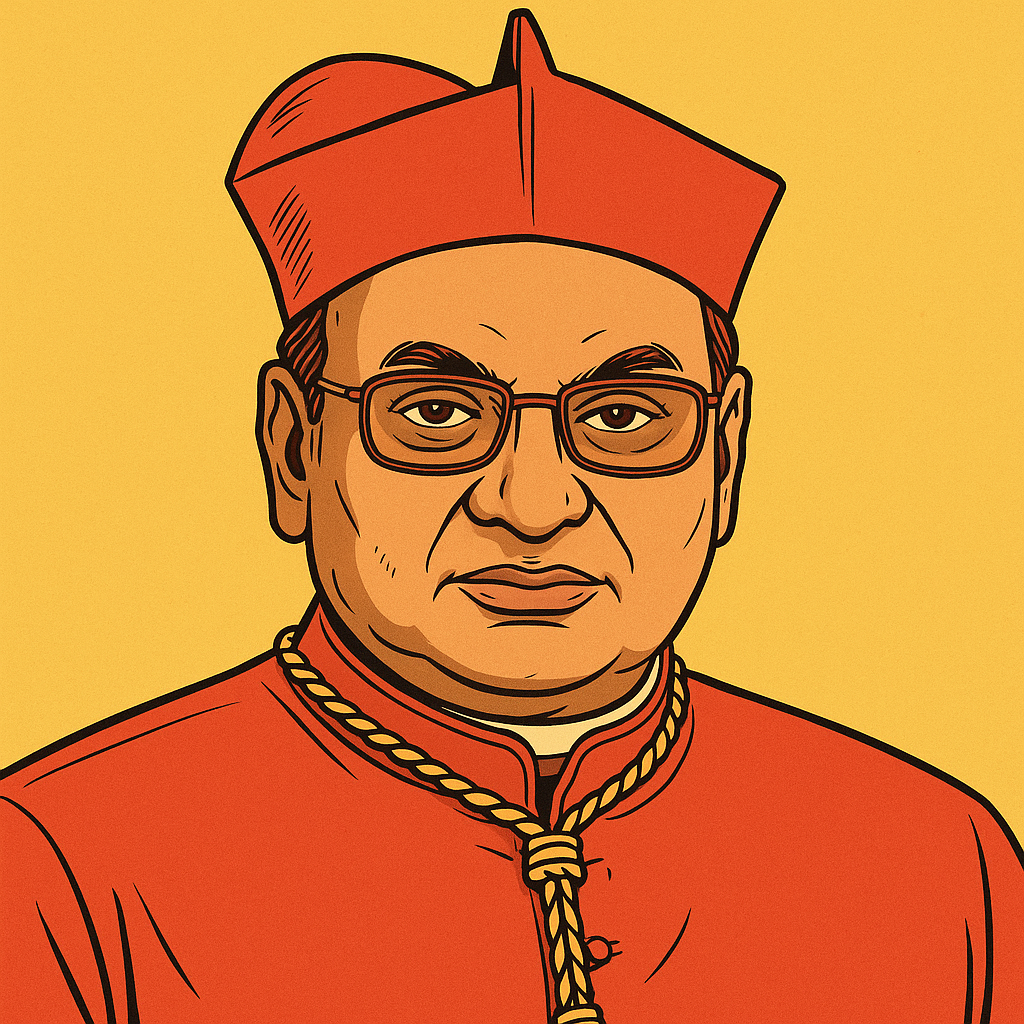
Sri Lanka
Sri Lankan cardinal with strong traditionalist positions, known for his attachment to traditional liturgy and defense of Catholic doctrine.

Germany
German cardinal, former prefect of the Congregation for the Doctrine of the Faith, known for his very conservative positions and vigorous defense of traditional doctrine.
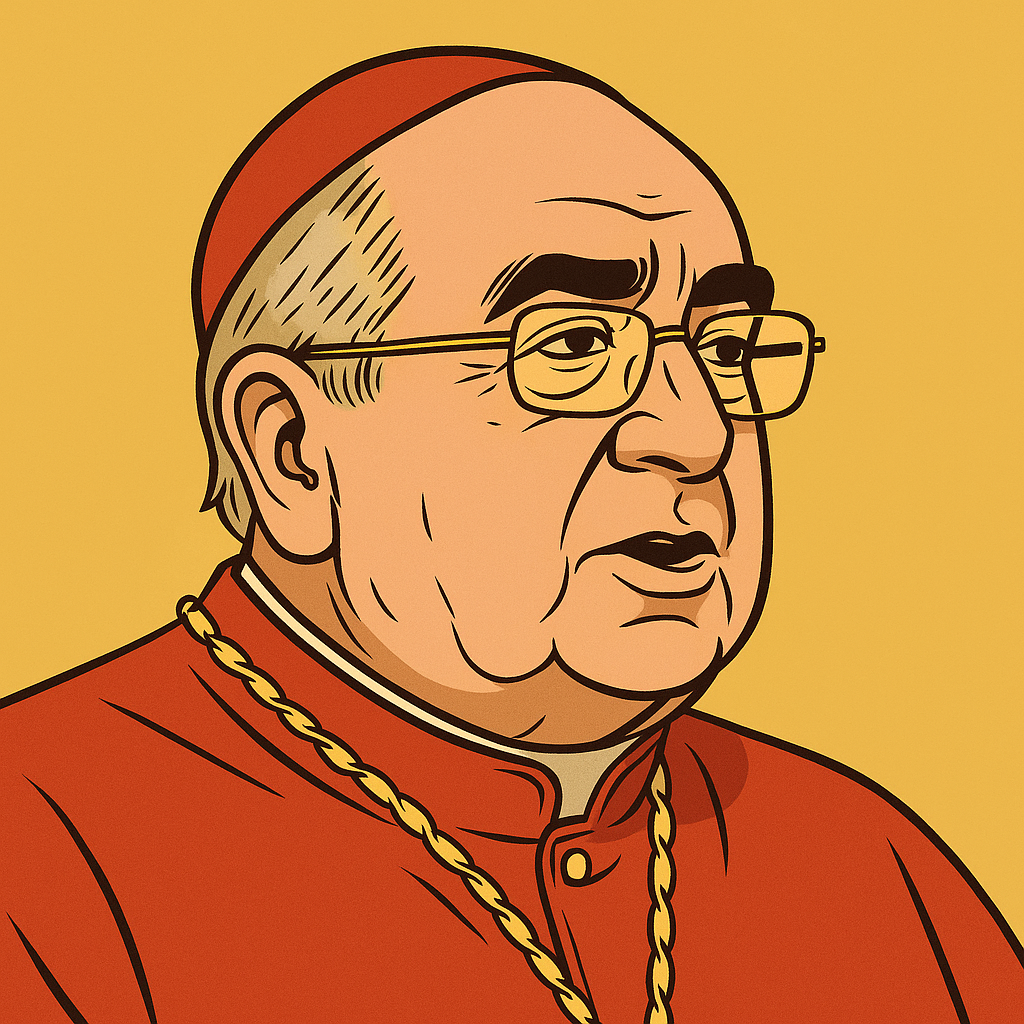
Poland
Polish cardinal, Archpriest of the Basilica of Saint Mary Major, known for his conservative positions and experience in lay ministry, in the tradition of John Paul II.

Germany
German cardinal, former prefect of the Congregation for the Doctrine of the Faith, known for his very conservative positions and vigorous defense of traditional doctrine.

Poland
Polish cardinal, Archpriest of the Basilica of Saint Mary Major, known for his conservative positions and experience in lay ministry, in the tradition of John Paul II.

France
French cardinal, Prefect of the Supreme Tribunal of the Apostolic Signatura, known for his legal expertise and traditional doctrinal positions.

Myanmar
Burmese cardinal, the first from his country, known for his commitment to peace and reconciliation, combining respect for tradition and interreligious dialogue.
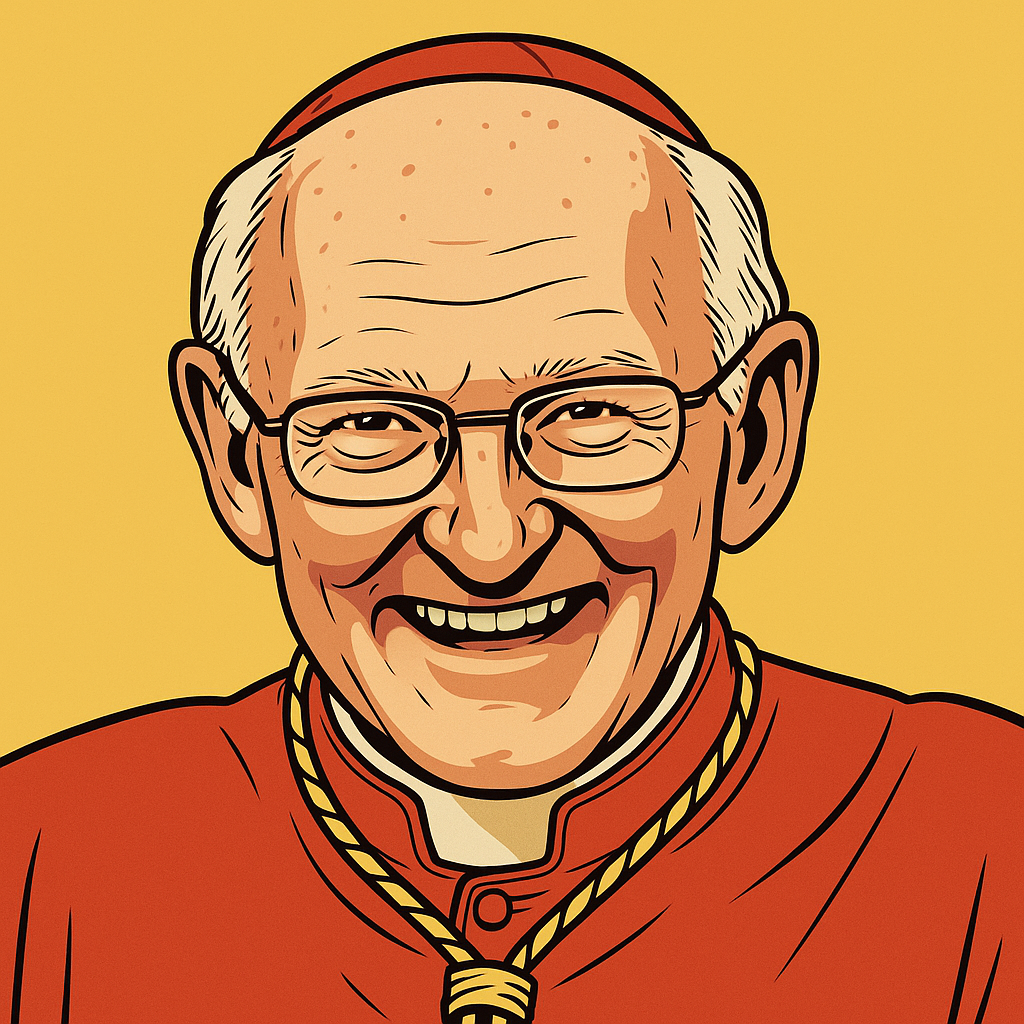
United States
American cardinal, Archpriest of the Basilica of Saint Paul Outside the Walls, former Prefect of the Papal Household, known for his conservative positions and administrative experience at the Vatican.
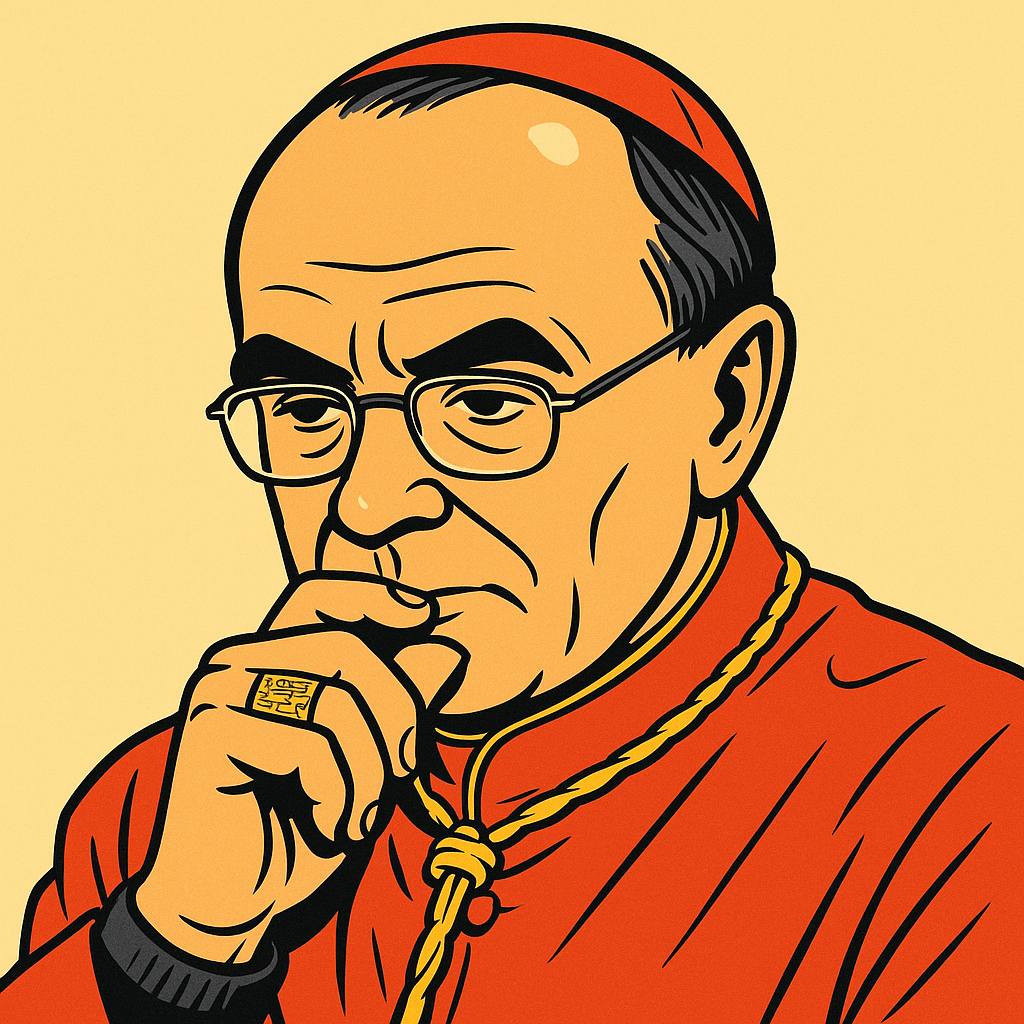
France
French cardinal, Archbishop Emeritus of Lyon, known for his missionary dynamism but whose career has been marked by controversy over the handling of sexual abuse in his diocese.

France
French cardinal, Prefect of the Supreme Tribunal of the Apostolic Signatura, known for his legal expertise and traditional doctrinal positions.

Myanmar
Burmese cardinal, the first from his country, known for his commitment to peace and reconciliation, combining respect for tradition and interreligious dialogue.
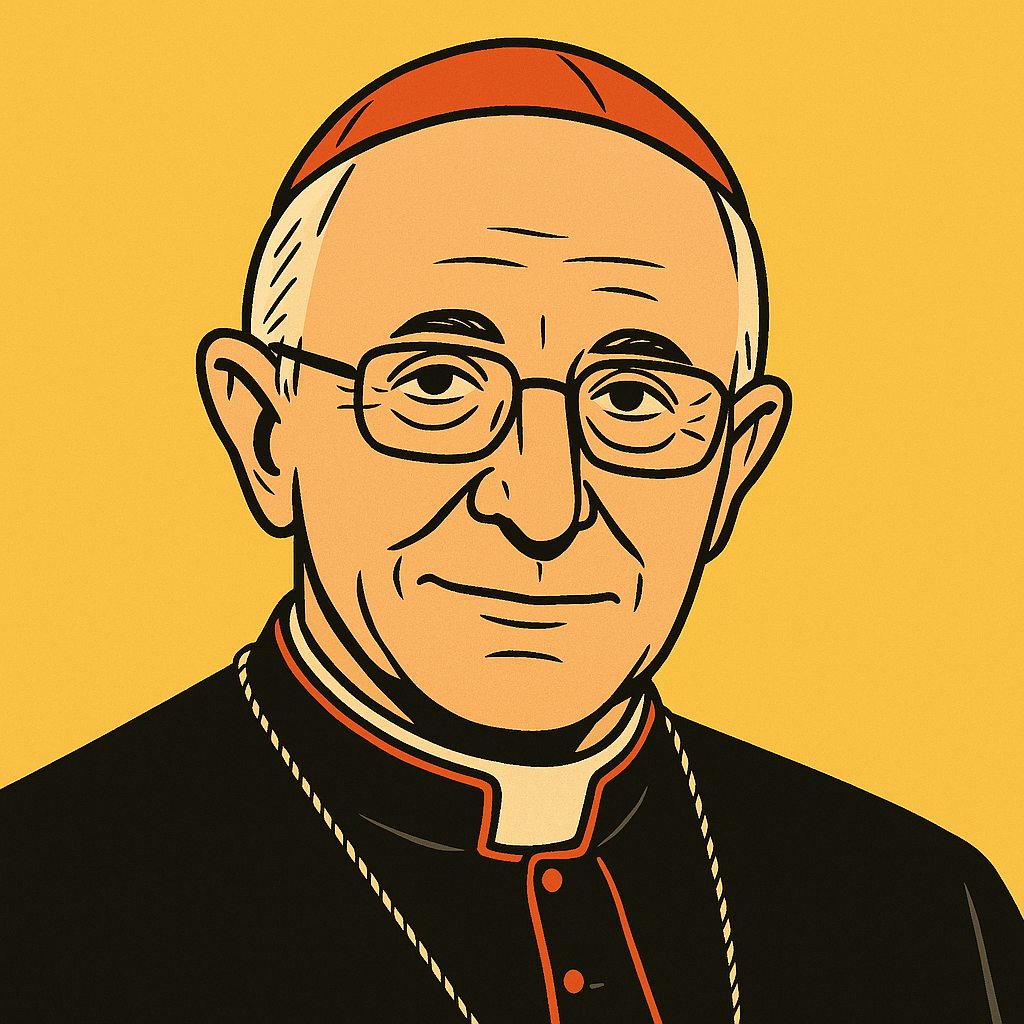
Italy
Italian cardinal, Grand Master of the Order of the Holy Sepulchre, former prefect of the Congregation for the Evangelization of Peoples, known for his missionary and diplomatic experience.
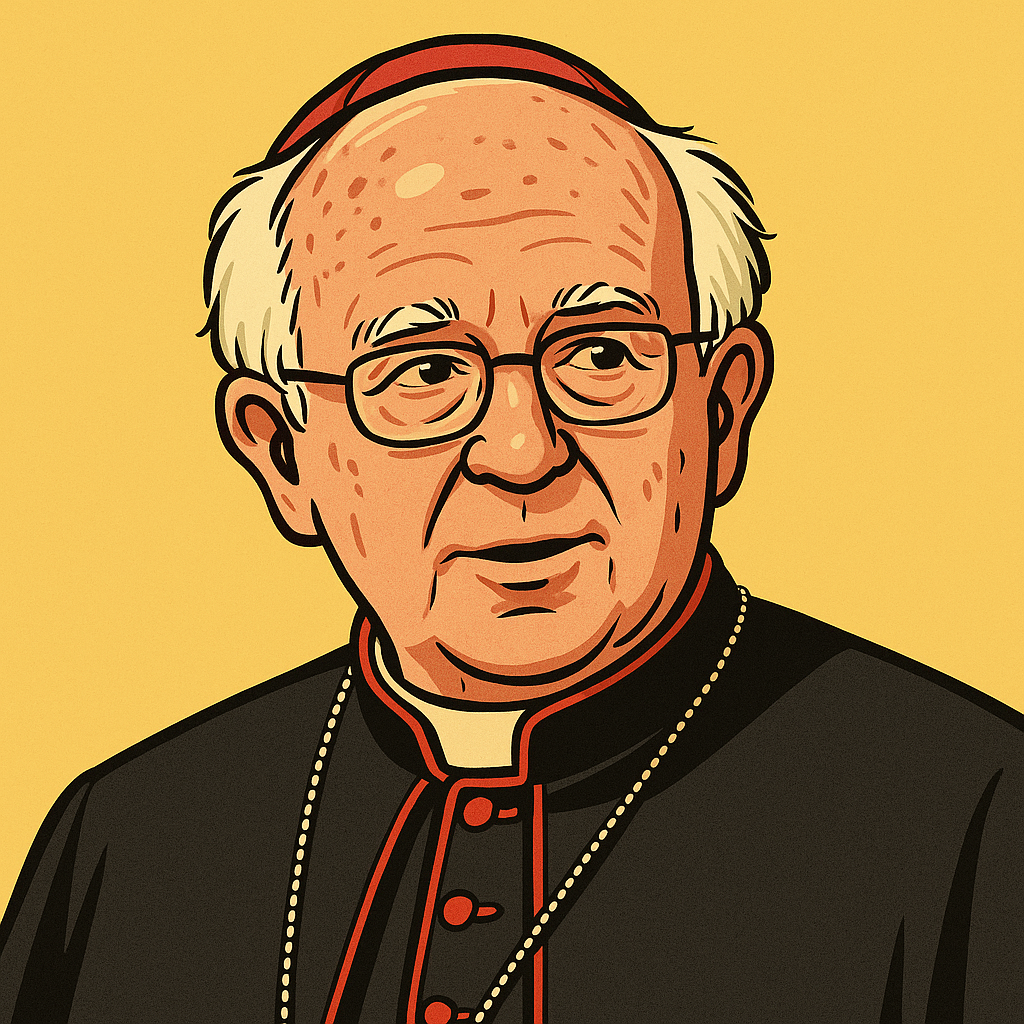
Spain
Spanish cardinal who is very conservative, nicknamed "the little Ratzinger," known for his traditionalist positions on liturgy and morality, and his vigorous defense of Catholic doctrine.

Sri Lanka
Sri Lankan cardinal with strong traditionalist positions, known for his attachment to traditional liturgy and defense of Catholic doctrine.

Poland
Polish cardinal, Archpriest of the Basilica of Saint Mary Major, known for his conservative positions and experience in lay ministry, in the tradition of John Paul II.

Sri Lanka
Sri Lankan cardinal with strong traditionalist positions, known for his attachment to traditional liturgy and defense of Catholic doctrine.

Netherlands
Dutch cardinal, Archbishop of Utrecht, physician and bioethicist, known for his very conservative positions on bioethical and moral issues, and his defense of traditional doctrine.

France
French cardinal, Prefect of the Supreme Tribunal of the Apostolic Signatura, known for his legal expertise and traditional doctrinal positions.